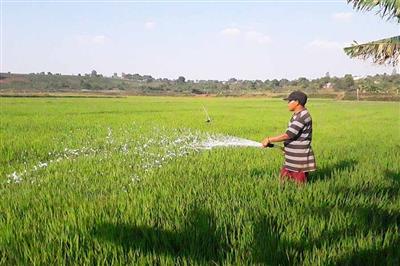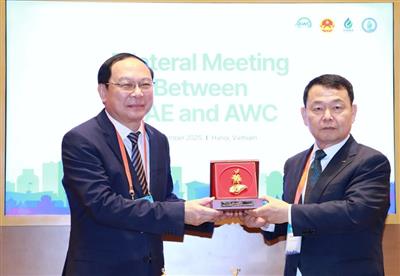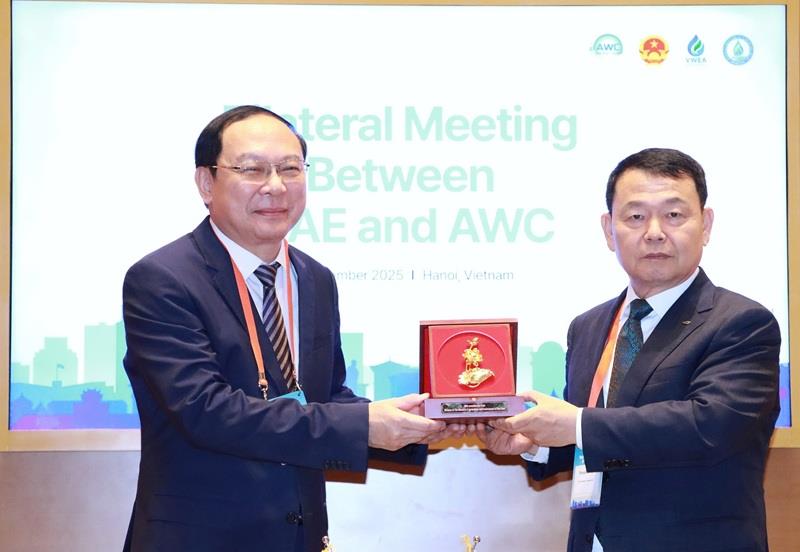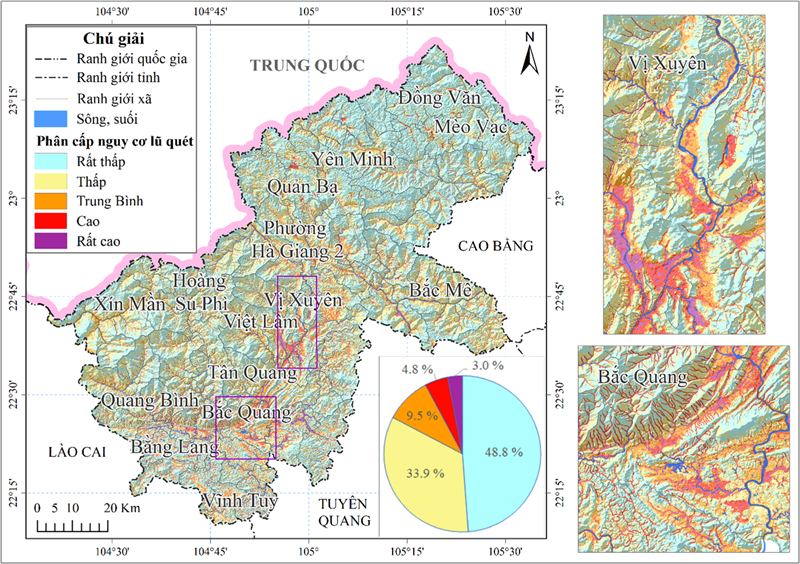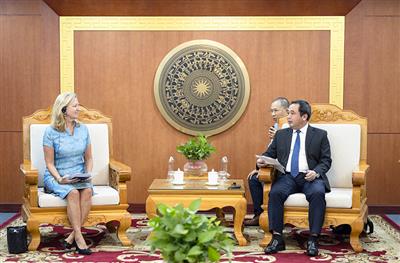
World Bank invests $107 million to propel Vietnam towards Net Zero emissions
24/06/2024TN&MTThe World Bank has approved a $107 million loan to enhance the safety and efficiency of Vietnam's inland waterways, with a significant focus on reducing greenhouse gas emissions and promoting sustainable development. This funding aligns with Vietnam's broader goals of achieving net zero emissions by 2050 and integrating climate resilience into its infrastructure planning.

The project focuses on the Northern Delta's waterways, which are vital for the movement of goods and passengers. Enhancing these waterways will reduce transportation costs, improve logistics, and contribute to the economic development of the region. The funding will be utilized for upgrading key waterway routes, improving navigation aids, and modernizing ports and landing stages. Additionally, the project aims to enhance the institutional capacity of Vietnam's Inland Waterways Administration.
This initiative is aligned with Vietnam's goals of reducing greenhouse gas emissions and promoting sustainable development. By improving the efficiency of waterway transport, the project is expected to lower fuel consumption and emissions, contributing to environmental sustainability. The project also underscores the importance of integrating climate resilience into infrastructure planning and development.
“Viet Nam's southern waterways hold immense potential as a cheaper, greener, and safer alternative for transport,” said Mariam Sherman, World Bank Country Director for Viet Nam, Cambodia and Lao PDR. “This project directly supports Viet Nam's ambitious goals: boosting inland waterway transport’s competitiveness, decarbonizing its transport sector, and ultimately enhancing the country's trade competitiveness.”
The World Bank's support reflects its ongoing commitment to assisting Vietnam in its development journey. This funding is part of a larger portfolio of projects aimed at improving infrastructure, enhancing economic resilience, and promoting sustainable development in Vietnam. The project's successful implementation is anticipated to have a significant positive impact on the country's transportation sector and overall economic growth.
This investment by the World Bank highlights the importance of sustainable and efficient transport infrastructure in driving economic development and improving quality of life. It also demonstrates the World Bank's role in supporting Vietnam's efforts to achieve its development objectives and environmental goals.
Ngoc Huyen (World Bank)






